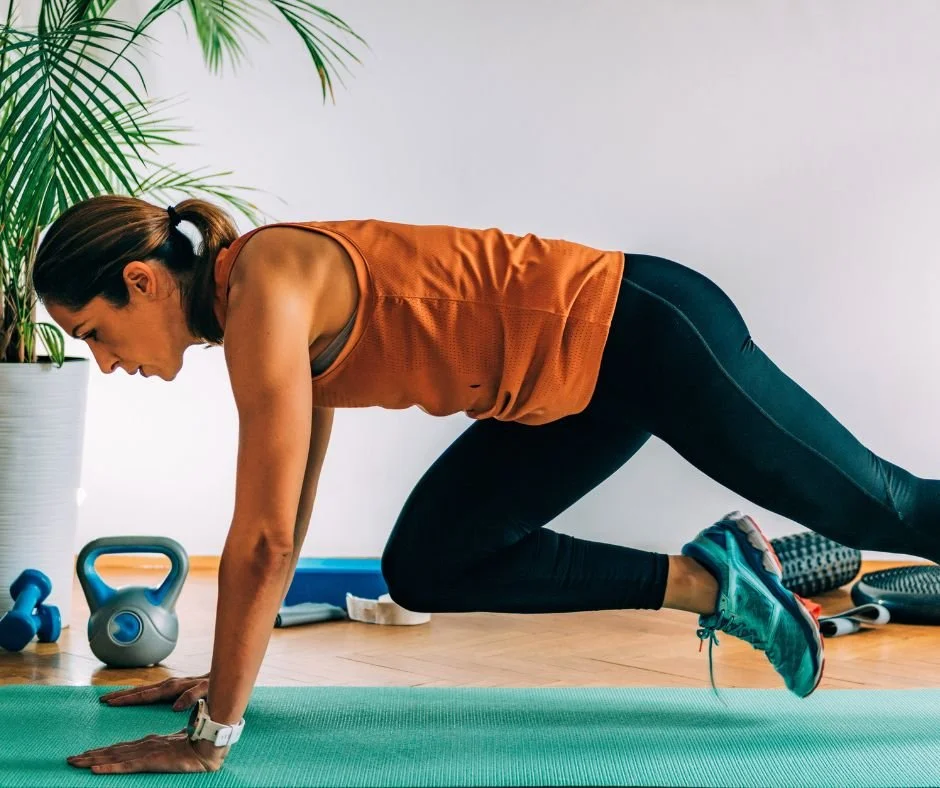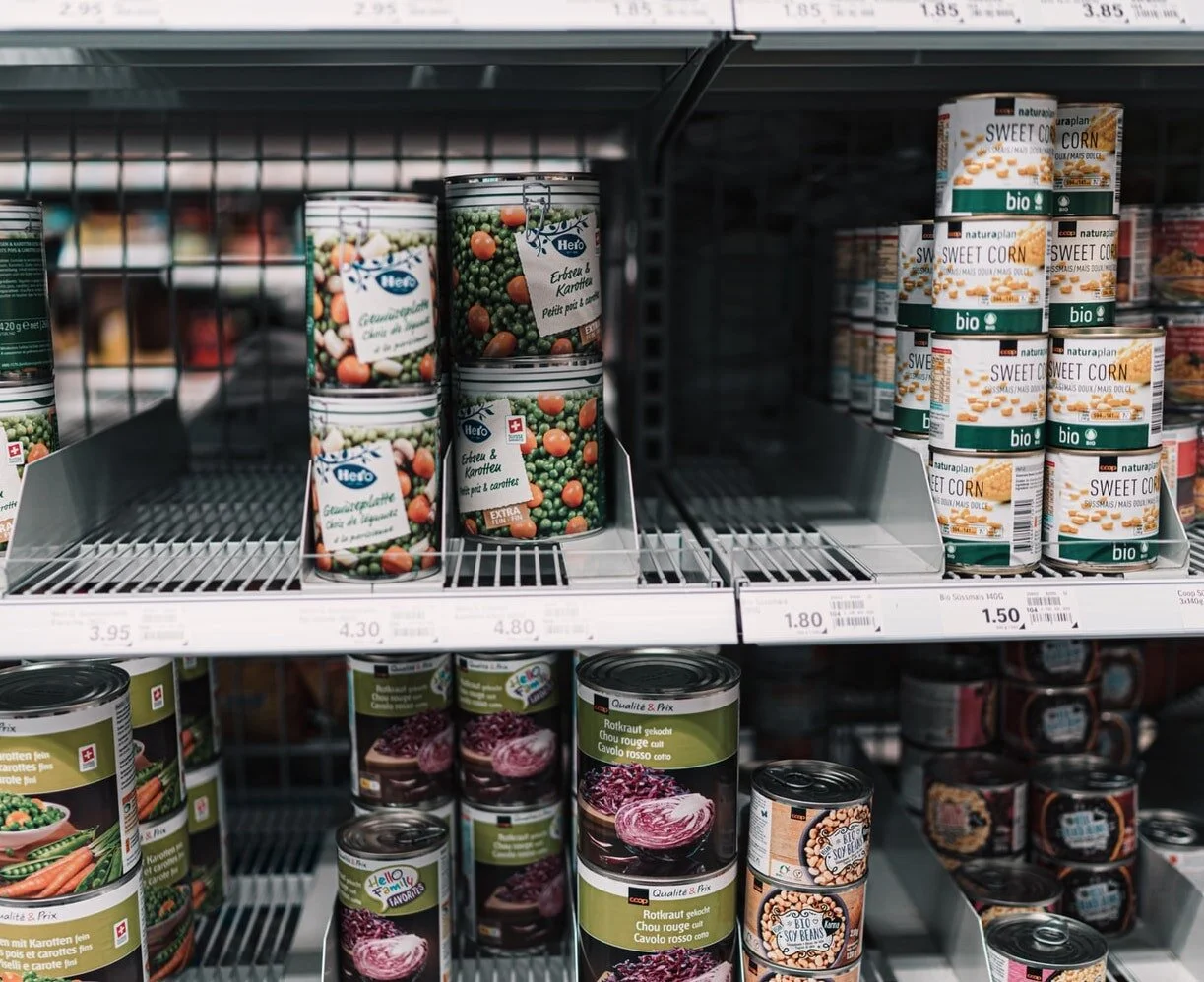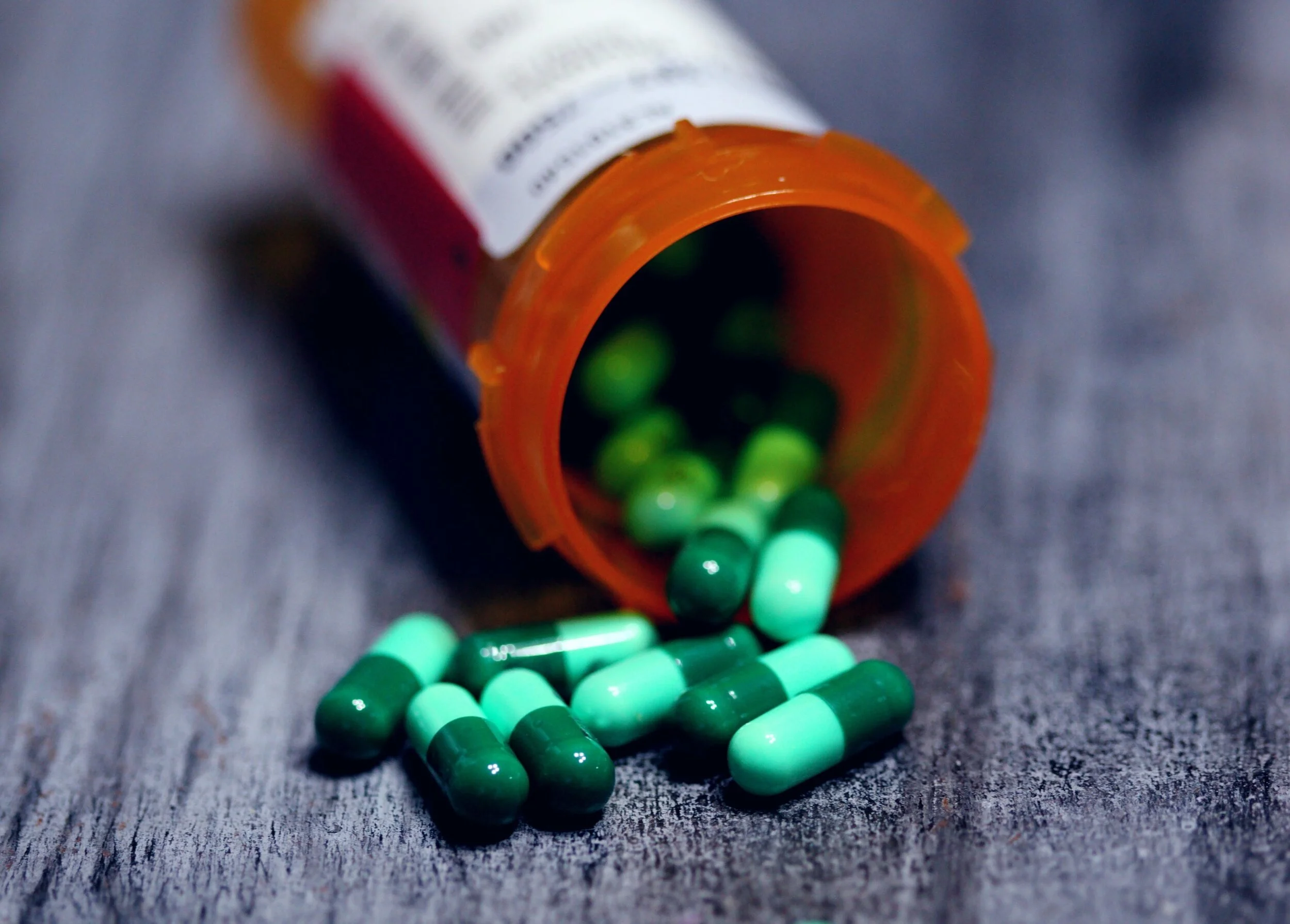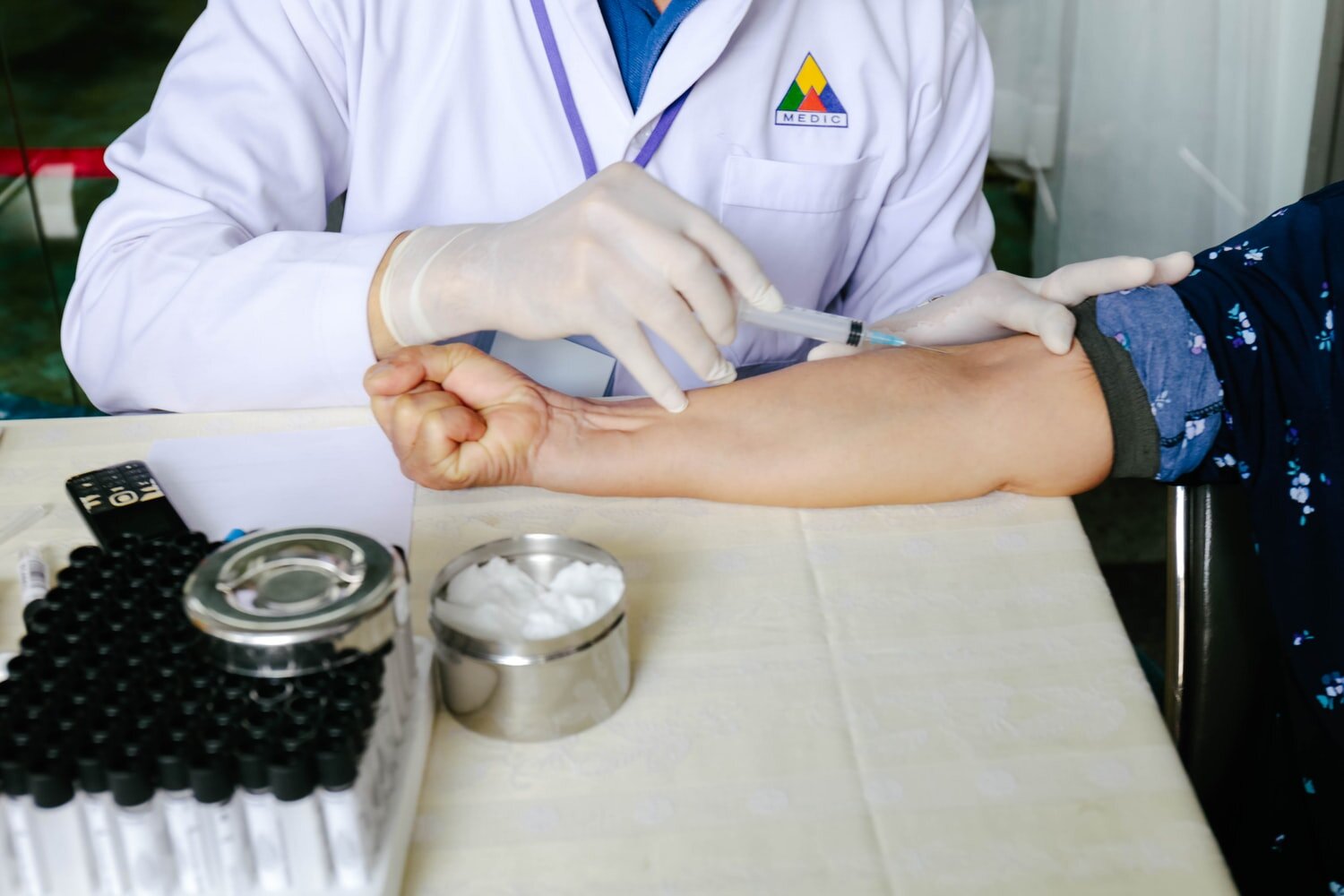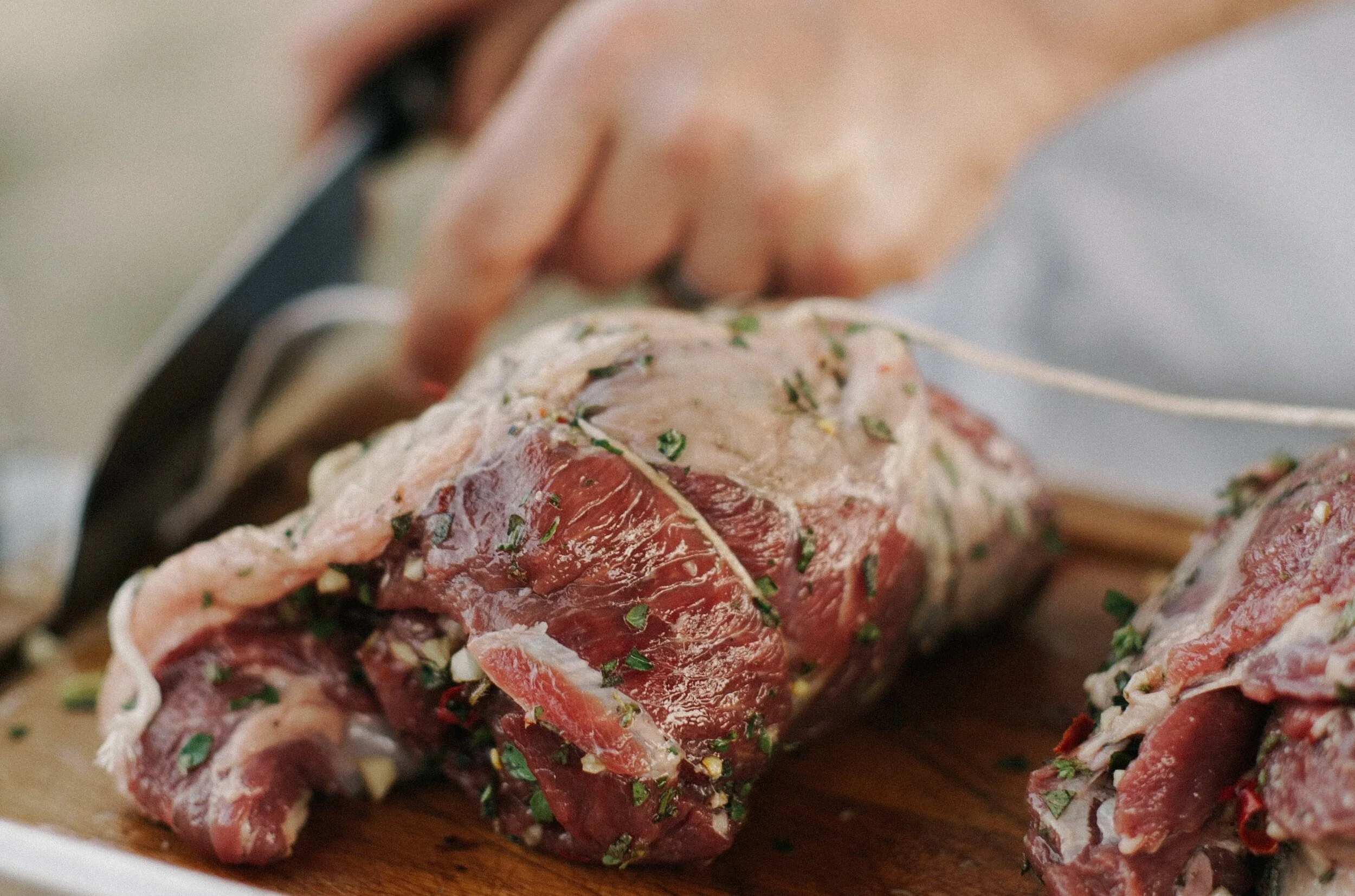Breast Cancer Hamster Wheel: Navigating the Phases of the Breast Cancer Journey
The journey through breast cancer can often feel like a relentless hamster wheel - a never-ending cycle of appointments, treatments, and a roller coaster of emotions. This journey is not a simple, straight path, but rather, it is marked by different phases, each with its own unique challenges and experiences. These phases include the initial diagnosis, the treatment period, the cessation of active treatment, and life after breast cancer.
Understanding the Decline in Breast Cancer Mortality: The Role of Screening and Advancements in Treatment
I have recently read an interesting study from the USA that looked at breast cancer mortality rates from 1975 to 2019. This study found a substantial decline in breast cancer deaths for women aged 30 - 79 years in the USA. The age-adjusted mortality rate went down from 48 in 100,000 women in 1975 to 27 in 100,000 women in 2019.
Maximising Health through Movement, Mindful Sitting, and Quality Sleep
Daniel Lieberman, a professor who has written the book "Exercised" and holds a teaching position at Harvard in the field of human evolutionary biology, has intriguing thoughts and insights about exercise, the act of sitting, and sleep. Lieberman is a firm believer in the concept that any form of movement, regardless of its intensity, even something as seemingly insignificant as fidgeting, can have beneficial impacts on our health.
Balancing the Present and the Future: How the 10-10-10 Rule Can Guide Patients in Making Difficult Medical Decisions
I often see patients who struggle at times making decisions about which surgery to have for their breast cancer, whether to have breast-conserving surgery (lumpectomy, wide local excision, partial mastectomy) or mastectomy. I am wondering whether the 10-10-10 rule would be useful in their decision-making.
The Impact of Exercise and Nutrition on Women Undergoing Chemotherapy for Breast Cancer: Findings from the LEANer Study
I have found this study to be one of the most interesting ones in 2023. It is a study from Yale as well as Dana-Faber/Harvard Cancer Center looking at the impact of exercise in nutrition on women undergoing adjuvant (after surgery) or neoadjuvant (before surgery) chemotherapy in women with a diagnosis of breast cancer.
Setting Resolutions and How to Stick with Them: A Guide to Achieving Your Goals In the New Year or Following Breast Cancer Diagnosis
New Year's resolutions are a common tradition for many people around the world. It is a time when individuals reflect on the past year and set goals for self-improvement in the coming year. These resolutions can range from adopting healthy habits or letting go of bad habits, pursuing personal growth, or achieving career milestones.
Importance of Taking Annual Leave: Managing Stress and Enhancing Well-Being During the Holidays
Taking annual leave is vitally important for everyone as it allows us to rest, recharge, and maintain a healthy work-life balance. However, many people fail to use all their entitled days, which can have a profound impact on us.
Exploring the Impact of Endocrine Disruptors on Breast Cancer Risk: A Complex Relationship
Endocrine modulators, also known as endocrine disruptors, are substances that can interfere with the endocrine system in humans and animals. The endocrine system is a complex network of glands and hormones that regulate various physiological processes in the body, including growth, development, metabolism, reproductive function, and immune response.
The Use of Hormone Replacement Therapy and Risk of Breast Cancer: What You Need to Know
The risk of breast cancer associated with hormone replacement therapy (HRT) has been a topic of concern and discussion for both healthcare professionals and women. However, it is important to note that the perceived risk of breast cancer with HRT is often exaggerated and may influence decisions about its use.
Can Exercising Alone Lead to Weight Loss?
Health and fitness industry promotes exercise for weight loss and tells that weight loss is healthy and positive. Is it correct? Such information certainly makes us feel that we are not enough and need to spend money to feel better about ourselves.
Health and fitness industry is getting bigger and bigger. Many go to fitness classes, drink healthy smoothies or use personal trainers who make us work hard to achieve perfect bodies.
Breast Density and Breast Cancer Risks
Breast density is a breast imaging term that is assessed at the time of the mammogram. Increased breast density means having a higher proportion of parenchymal breast tissue (breast glands, ducts and supportive tissue) relative to fatty breast tissue.
On the mammogram, very dense breast tissue appears white while fatty non-dense tissue appears black. Increased density is associated with younger age, lower body mass index (slimmer women) and women who take hormone therapy for menopause.
High Infertility Rates in Female Surgeons
Recent articles from Stuff and JAMA Surgery spoke about higher rates of infertility and pregnancy complications in female surgeons.
The JAMA study that the Stuff article was based on is not well-conducted research. It compares female surgeons to the general population. It is suggested that higher infertility rates are related to operating theatre risks. It is an incorrect way to conduct research.
Taking Supplements During Chemotherapy
Many patients of mine ask me if it's safe to use supplements during chemotherapy. My usual answer is "we do not know, so it's probably best if you do not take anything".
A recent study published in the Journal of Clinical Oncology showed that the use of supplements had been associated with worse outcomes in breast cancer patients.
Healthcare During New Zealand Lockdown (Covid-19)
It has been two weeks since New Zealand has gone into lockdown. Some people have been worried about the way healthcare is operating during this time. Especially people who have had developed cancer or those concerned they may have it.
I wanted to write this to reassure you that things are going fine. We doctors are committed to providing excellent care and minimising patients' exposure to coronavirus during their time in hospital.
Ultra-Processed Food Consumption and Cancer Risks
Ultra-processed food is cheap, mass-produced and hyper-palatable ready-to-eat food. It includes packaged snacks, sugary drinks, bread, confectioneries, ready-made meals and processed meats.
It is known that ultra-processed food consumption is associated with an increased rate of mortality. Consumption of this food has significantly increased in the Western world, especially the USA, Australia, UK and New Zealand. The French government has developed a policy aiming to decrease ultra-processed food consumption. Possibly the New Zealand government should do the same.
Hyperthyroidism and Radioiodine Treatment
Hyperthyroidism is a condition in when the thyroid produces too much thyroid hormone. Some people call this condition overactive thyroid.
Radioactive iodine has been used for the treatment of hyperthyroidism for a very long time. Other treatments include antithyroid medications and surgery (removing part of a whole thyroid).
Radioactive iodine involves a patient swallowing a tablet of radioactive iodine (I 131). This is not external beam treatment, which is the most common radiation treatment given.
Why Trials Focused on Females are Necessary
Until recently, I never thought about the fact that many studies have uneven ratios of men vs women. I didn’t realise that many trials show results based on the majority of men.
How could I be so mistaken?
Throughout my medical school and training as a surgical registrar (surgeon in training), we were never taught to look at how many women that were enrolled in trials. Most specialists talking about experiments also did not mention this.
Should we eat meat?
This is a hard question to answer. I personally love eating red meat. I was brought up in former Yugoslavia (mostly in Croatia) on cured meat and red meat (mostly pork). I love eating salami, prosciutto, ham etc.
The curing method was invented to be able to store meat during the months when it wasn’t readily available. Animals were raised during spring, summer and autumn and usually, at the end of autumn, they were ready to be processed into meat. I still remember my grandparents preparing meat. The whole animal was utilised for food, from intestines for sausage casings to fat for cooking. Some parts were of course used for creating cured meat (sausages, prosciutto, blood sausages and others).
Healthy Diet Can Minimise the Risk of Breast Cancer
Recently a study on the impact of a low-fat diet on breast cancer was published showing that a low-fat diet is associated with a 20% risk reduction of mortality from breast cancer.
In this study they followed 50,000 women, half had changed their diet to low fat (for at least eight years in duration), and half continued with "normal diet".
Female Surgeons, Musculoskeletal Problems and Surgical Equipment
I have noticed over the last three years that I have been getting more musculoskeletal problems after my days in an operating theatre. At that stage, I decided to change a few things regarding this problem, but more importantly, I decided to research this topic, and it's prevalence among surgeons.





